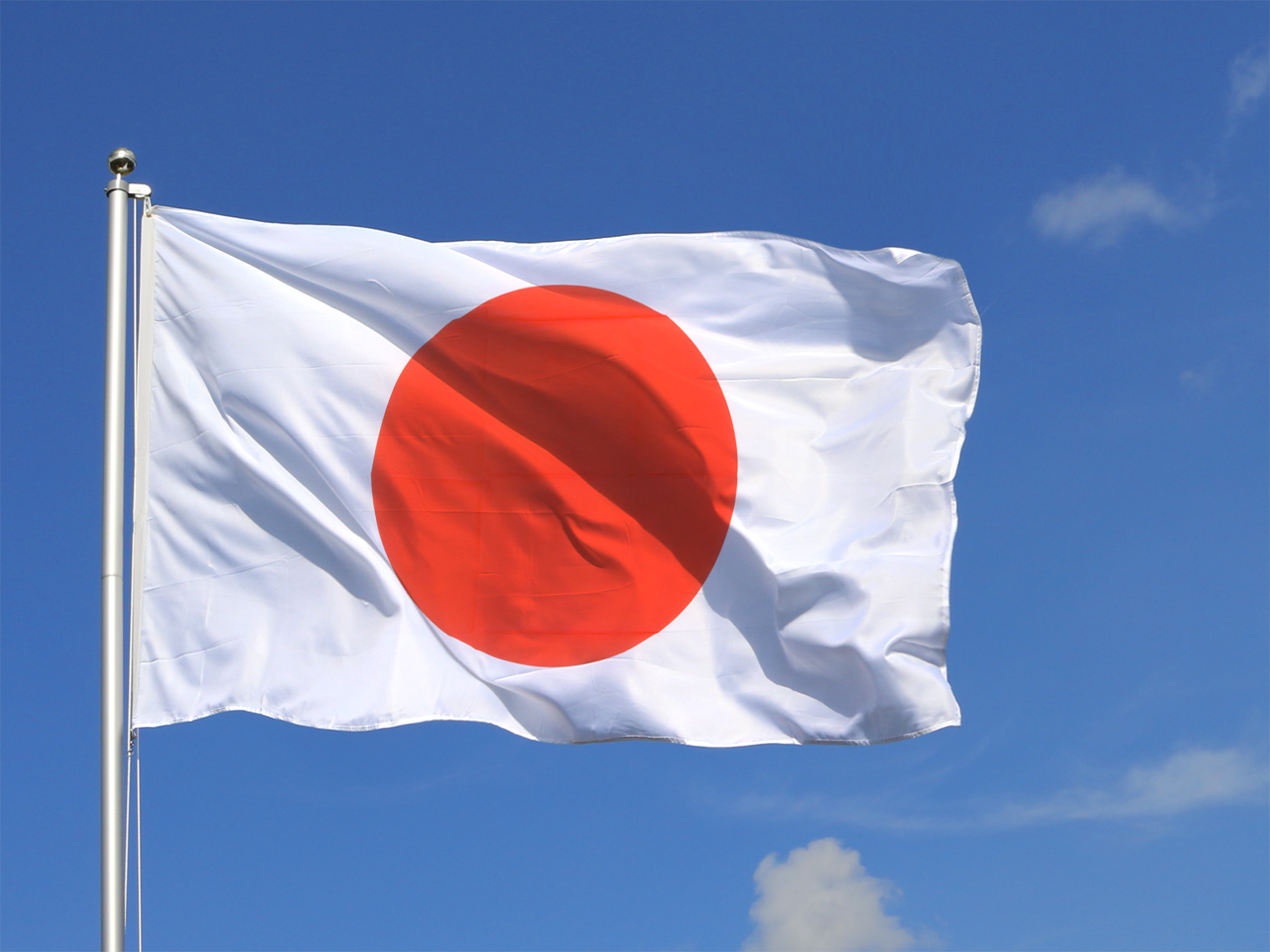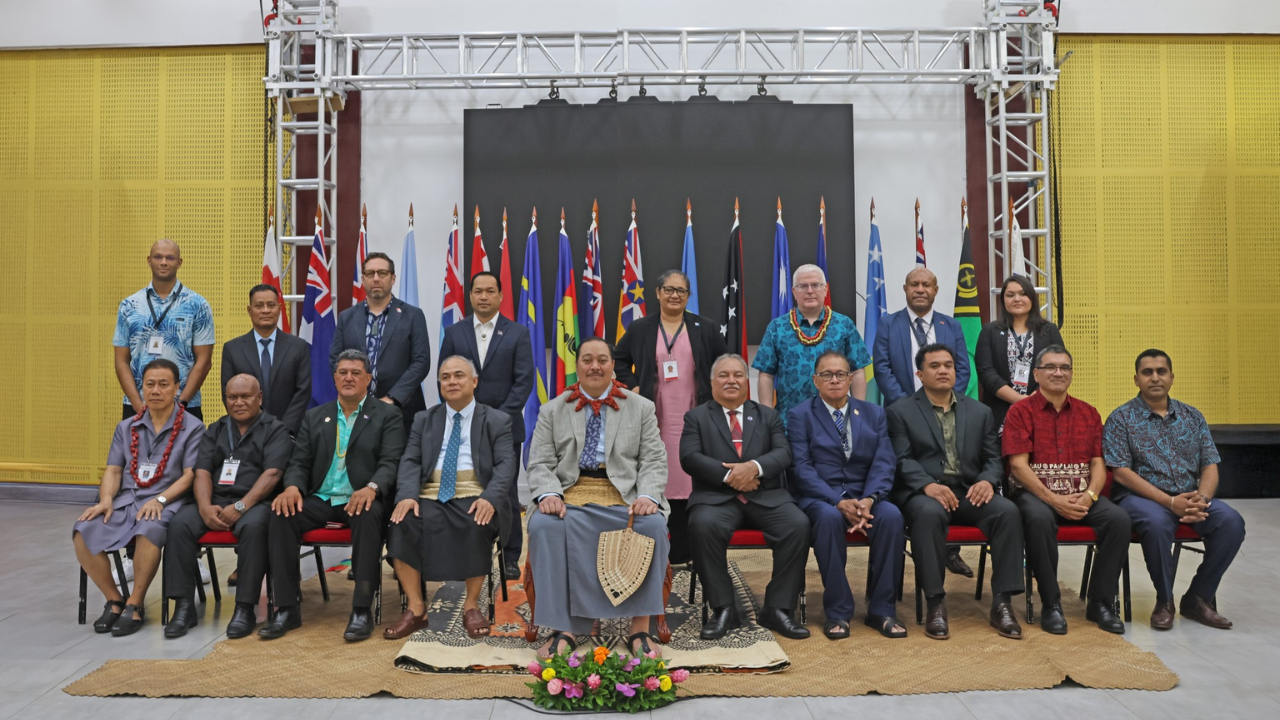by Martin Haffner Associate Editor
In a significant diplomatic development, Japan has announced plans to establish a cooperative framework with Pacific Island nations, marking a crucial step in enhancing regional collaboration on climate change and various pressing issues facing the Pacific. This initiative reflects Japan’s commitment to fostering stronger ties with its Pacific neighbors in an era defined by environmental challenges and geopolitical tensions.
The proposed framework, which is expected to be formalized during upcoming talks between Japanese officials and members of the Pacific Islands Forum (PIF), aims to create a platform for dialogue and collaboration on a range of issues, with a particular focus on climate change. Given that many Pacific Island nations are among the most vulnerable to the impacts of climate change—such as rising sea levels and extreme weather events—this initiative comes at a critical time for regional sustainability efforts.
Japan, a country that has historically experienced its own climate-related challenges, recognizes the urgency of addressing environmental issues in partnership with the Pacific Islands. The framework is poised to empower these nations to tackle climate change head-on, facilitating access to technology, financial resources, and capacity-building initiatives.
Pacific Island nations have been vocal advocates for stronger global action on climate change, often highlighting their dire situations at international forums. The new framework with Japan is expected to prioritize collaborative efforts in sharing climate data, implementing adaptation strategies, and pursuing sustainable development goals. This inclusive approach aims not only to support the immediate needs of island nations but also to ensure their voices are heard in global climate negotiations.
During the upcoming discussions, Japan is likely to emphasize its commitment to a greener future, building on its own ambitious climate targets. By collaborating with Pacific nations, Japan aims to play a crucial role in the global fight against climate change while reinforcing its position as a responsible regional power.
Beyond climate issues, the framework is expected to address broader regional affairs, including security concerns and economic cooperation. The strategic significance of the Pacific Islands has risen in recent years, particularly amid growing influence and presence from China in the region. Japan recognizes the importance of engaging with Pacific Island nations to promote stability and resilience against external pressures.
Through this framework, Japan aims to bolster security ties, enhancing cooperation against maritime threats and fostering economic opportunities that benefit both Japan and the Pacific nations. Initiatives may include support for infrastructure development, trade agreements, and enhanced maritime security collaboration.
The establishment of a framework between Japan and Pacific Island nations underscores the importance of diplomatic engagement in addressing shared challenges. As the world grapples with the realities of climate change, forging partnerships based on mutual respect and cooperation will be essential.
Not only does this initiative represent Japan’s commitment to its Pacific neighbors, but it also signals a progressive approach to regional governance that prioritizes collaboration over competition. The upcoming talks between Japan and the Pacific Islands Forum will be closely watched, as they may set the tone for future interactions and shape regional dynamics in the years to come.
Japan’s endeavor to create a collaborative framework with Pacific Island nations reflects a proactive commitment to tackling climate change and addressing critical regional affairs. As the challenges posed by environmental degradation and geopolitical shifts continue to evolve, this partnership could pave the way for innovative solutions, fostering a resilient and sustainable future for all involved. The outcomes of the upcoming discussions are poised to influence not only the Pacific Islands but also the broader dynamics of international cooperation in combating climate change and ensuring regional stability.



